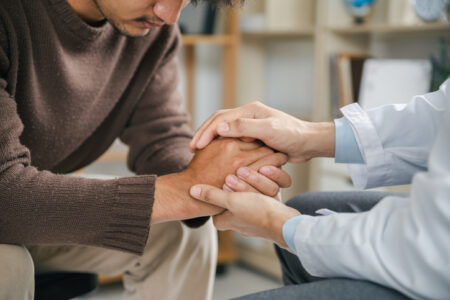Share On Social!
Dr. Heyman Oo treated a lot of traumatized child immigrants while a pediatric resident at Zuckerberg San Francisco General Hospital and now as pediatrician at a California clinic system.
Oo knows these kids often face extreme poverty before immigration.
After, they face parental separation, detention, and discrimination.
No wonder they also suffer stress, depression, and other mental health issues, and are at risk for dropping out of school and absenteeism, according to a Salud America! research review.
Oo wanted to help. She joined a task force designed to support children amid a growing number of unaccompanied minors being apprehended at the California border, which led to a big change.
Unaccompanied Minors
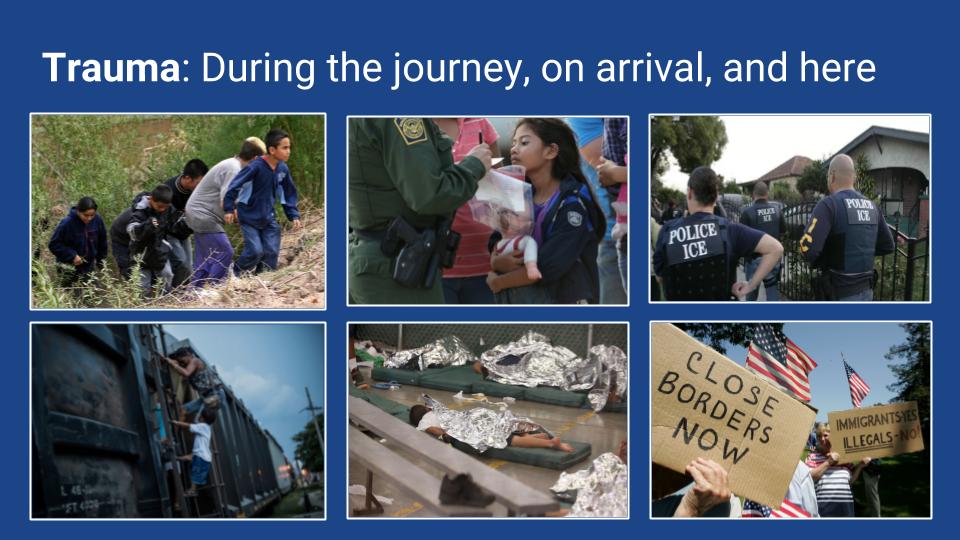
In 2014, more than 68,000 unaccompanied immigrant minors were apprehended at the U.S. border after fleeing violence and trauma in their home countries.
More than one-third of the violent deaths in the word occur in the Americas—South America, Central America, North America, and the Caribbean—although the region only accounts for 12%-14% of the world’s population, according to a 2014 United Nations report.
Forty-six out of 50 of the deadliest cities in the world are in the Americas.
Lack of security in these areas limits economic opportunity and access to opportunity and exacerbates inequality, social exclusion, intergeneration transmission of poverty, and lack of equal opportunities to exercise and enjoy rights. Insecurity, thus, gives rise to more violence.
The groups hardest hit are children and adolescents.
“Homicides have become one of the leading causes of death among male adolescents and youths in Latin America and the Caribbean and have meant that the gains achieved in early childhood survival rates through public policies to protect children are wiped out in adolescence due to the homicide rates,” according to the UN report.
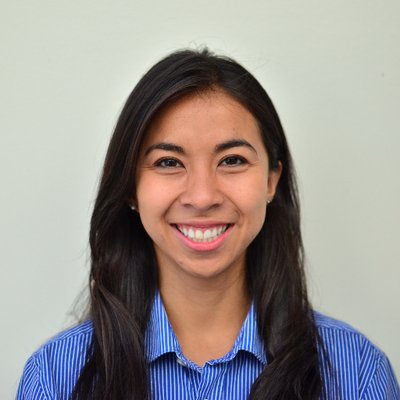
Dr. Oo, who grew up in the Bay Area of California, knows these children face many adverse childhood experiences (ACEs). ACEs, also called childhood traumas, often are experienced during pre-migration, migration, and post-migration. They are linked to lower language, literacy and math skills and higher risk for absenteeism, depression, anxiety, dropping out of high school, obesity, substance use disorder, coronary heart disease, diabetes and cancer.
After months or years of separation, unaccompanied immigrant children and their parents face reunification stress and conflicting, confusing emotions.
“The dehumanizing of immigrants needs to stop,” Oo said.
They are joyful to be somewhere safe and secure, but sad and guilty about leaving behind other family members and pets; frustrated and embarrassed by language difficulties; and concerned about discrimination and bullying in schools.
Although these children often have moderately high resiliency, they are vulnerable to cognitive, emotional and behavioral problems.
What could Oo and others do in California to help these children?
Family Reunification and Resiliency Training
In 2014, the San Francisco Department of Public Health convened a task force to find ways to leverage resources and take action for immigrant health. Task force members work in behavioral health, mental health, pediatricians, schools and community organizations
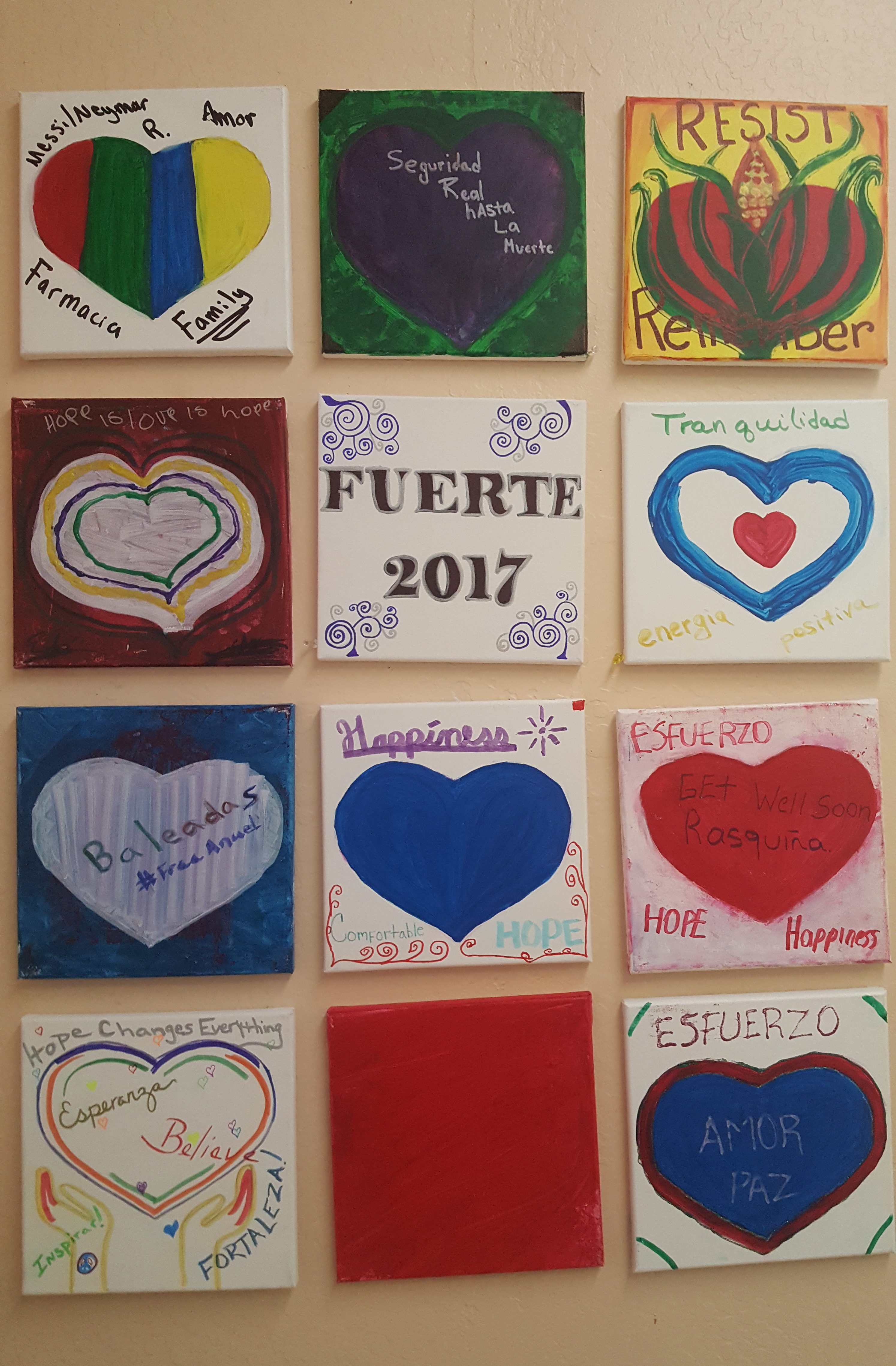
Oo joined the task force.
Oo and the task force conducted stakeholder focus groups with youth, families, teachers and behavioral health providers.
They knew the limits of medical interventions to address childhood trauma and reunification stress, particularly when only a small percentage went to healthcare clinics.
So they decided to start a school-based intervention using an existing evidence-based model for trauma therapy, ARC (Attachment, Regulation & Competency).
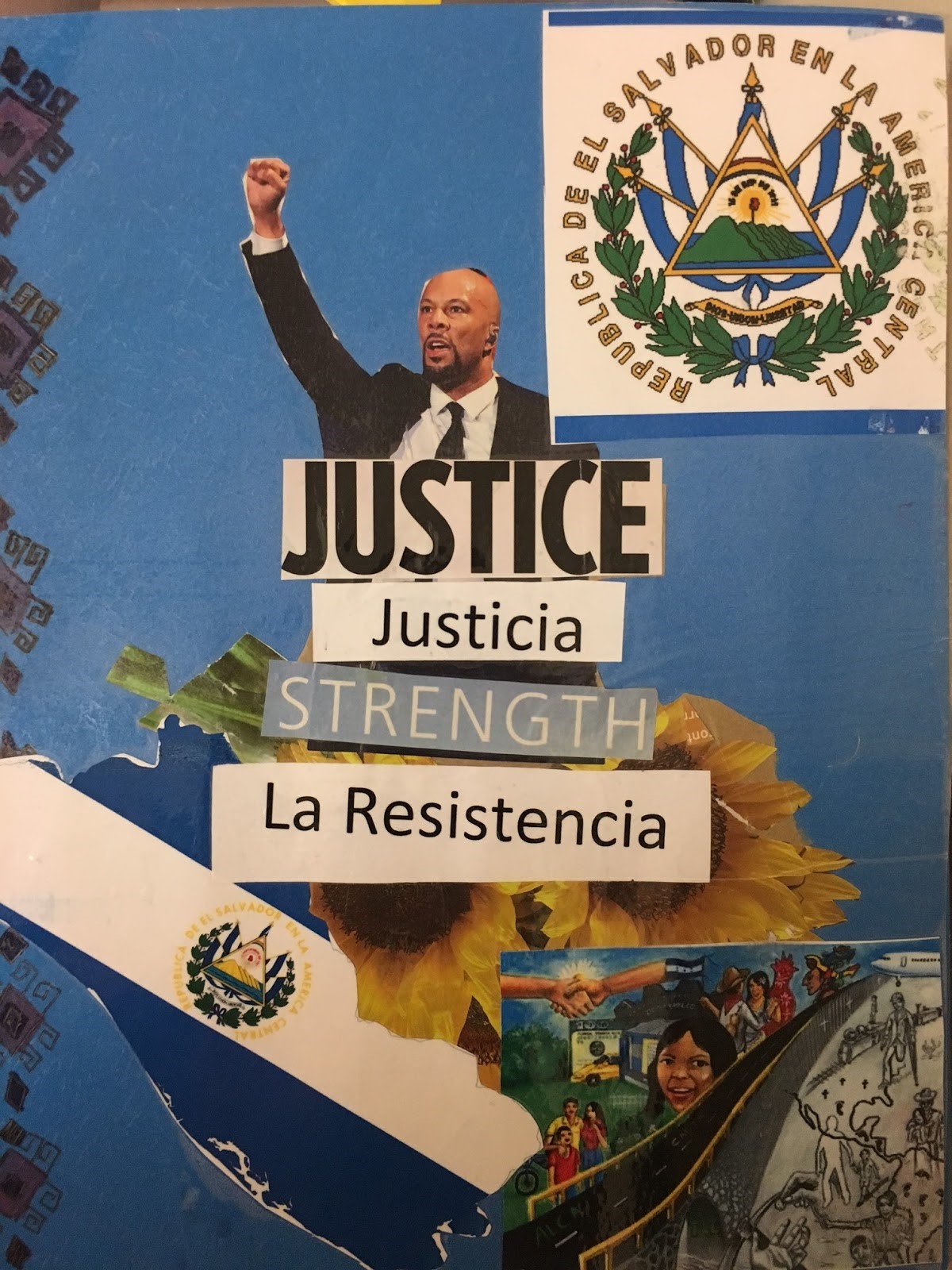
The result was FUERTE: Family Reunification and Resiliency Training.
FUERTE Resiliency Training
FUERTE is a trauma-informed curriculum for students to be implemented by community mental health providers in schools.
Oo’s goal is to provide mental health services to a population of students who may otherwise not engage with these services, while also supporting collaboration among schools, pediatricians, mental health providers, and community organizations who are already doing similar work.
“People are already doing this work,” Oo said. “[FUERTE] is another tool to accomplish what they want to do.”
The FUERTE curriculum utilizes a wide range of evidence-based therapy methods like art therapy, mindfulness, trauma narrative therapy, and psychoeducation to help children and youth process their journeys and rebuild sense of self and community.
Five modules center around establishing community goals, promoting stabilizing rituals and routines, normalizing stressors, developing emotional literacy, and building emotional attunement.
In Spring 2015, Oo and other founders of FUERTE identified and trained the first cohort of mental health professionals from community-based organizations and school-based wellness centers to implement the FUERTE intervention in two high schools in San Francisco Unified School District.
It was an immediate win.
“Initial data support that participation in the FUERTE program is associated with improved psychosocial functioning,” according to a report.
The FUERTE Effect
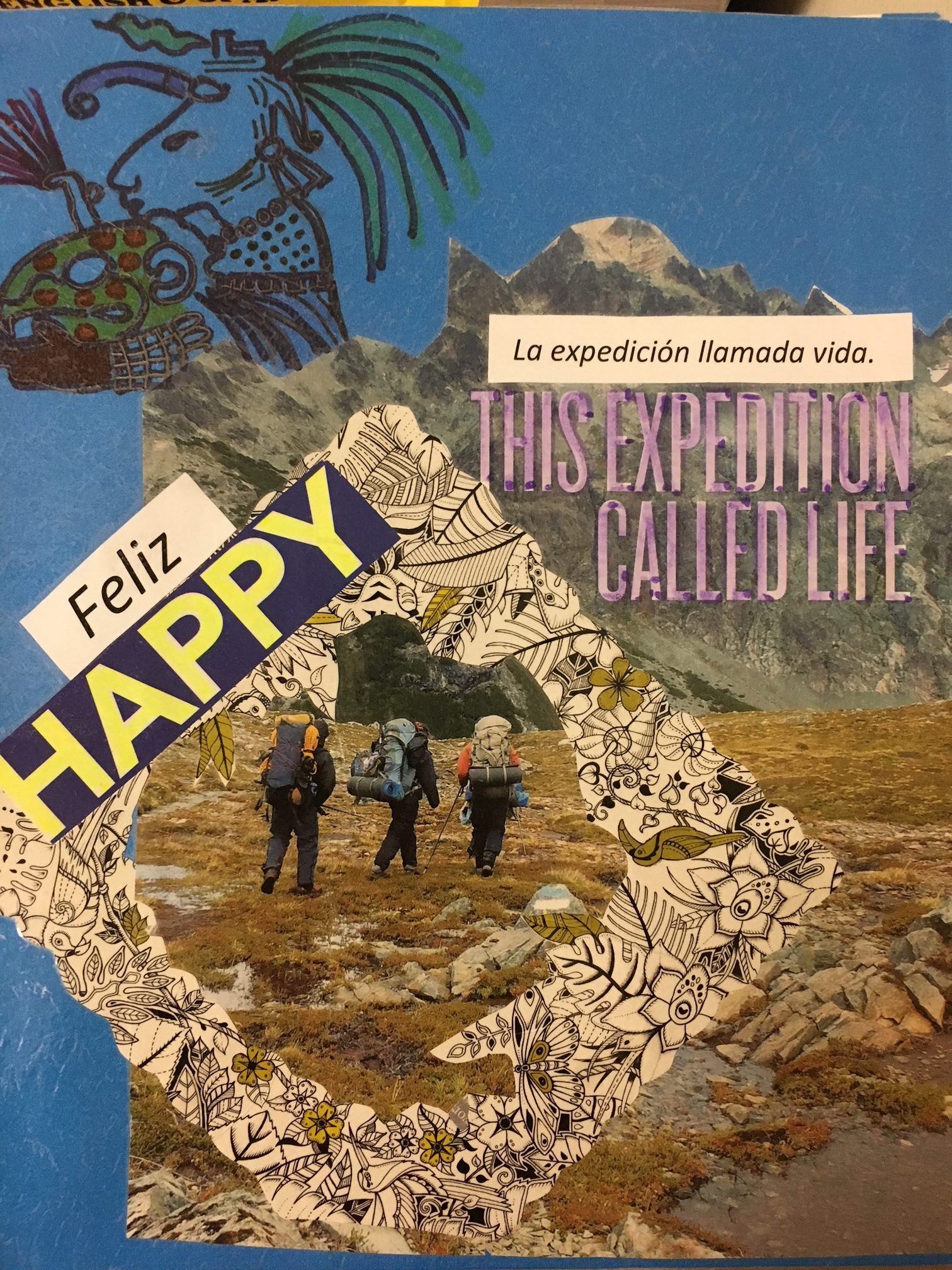
Program participants are reporting fewer symptoms of anxiety and depression and school staff are reporting overwhelmingly positive feedback.
“What these kids need is a space, away, to remember their culture, create community, strengthen their identities and have an adult in their lives who care…FUERTE achieves all those things and more,” said one FUERTE facilitator.
Oo says the program has helped to reinforce youth participants’ own resilience.
“A number of students who have participated have wanted to continue meeting as student and peer leaders,” Oo said. “It’s such a beautiful thing to see that sort of agency and community develop as a result of this program.”
Since then, Oo and her team have trained over 70 local mental/behavioral health providers and expanded the intervention to six high schools.
Versions of the FUERTE curriculum are being used in five Bay Area Counties.
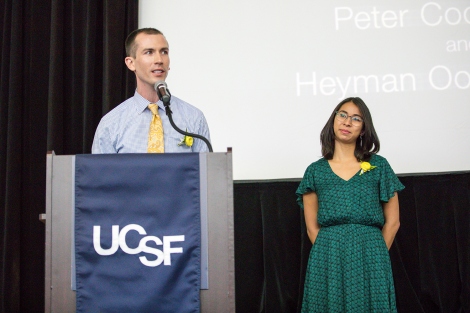
Oo and one of her partners, Dr. Peter Cooch, won UCSF’s Chancellor Award for Public Service for students at the 2017 Founders Day Awards.
“In addition to the work on the FUERTE program, Oo and Cooch have engaged in advocacy for immigrant youth at the national level including their involvement in the American Academy of Pediatrics Immigrant Health Interest Group,” according to Mike Billings with UCSF News.
Contact Holly Vo to learn more about FUERTE.
Oo isn’t stopping her work, either.
Oo is currently at Marin Community Clinics, which began a program to screen their predominantly Spanish-speaking pediatric populations for ACEs in April 2018.
Soon, Oo is planning to screen pregnant women about adversities in their homes and train their 500 employees in trauma-informed care.
“We need to #protectfamilies & #Putkids1st,” Oo said on Twitter.
By The Numbers
28
percent
of Latino kids suffer four or more adverse childhood experiences (ACES).
This success story was produced by Salud America! with support from the Robert Wood Johnson Foundation.
The stories are intended for educational and informative purposes. References to specific policymakers, individuals, schools, policies, or companies have been included solely to advance these purposes and do not constitute an endorsement, sponsorship, or recommendation. Stories are based on and told by real community members and are the opinions and views of the individuals whose stories are told. Organization and activities described were not supported by Salud America! or the Robert Wood Johnson Foundation and do not necessarily represent the views of Salud America! or the Robert Wood Johnson Foundation.

